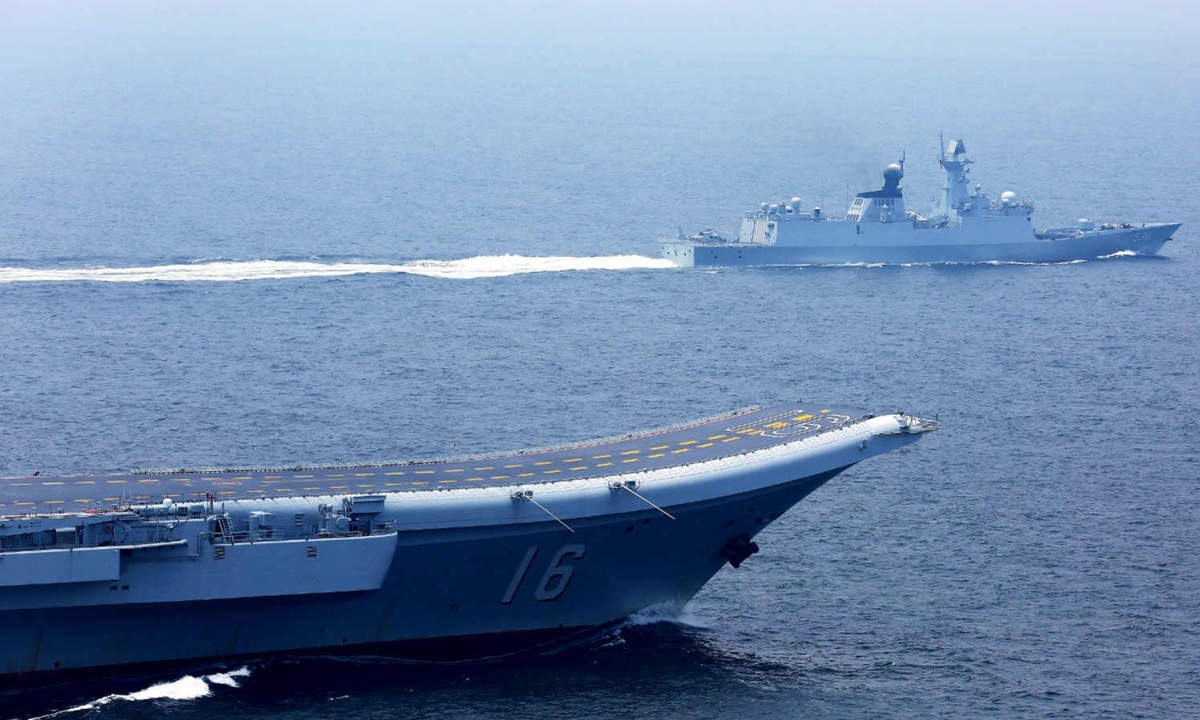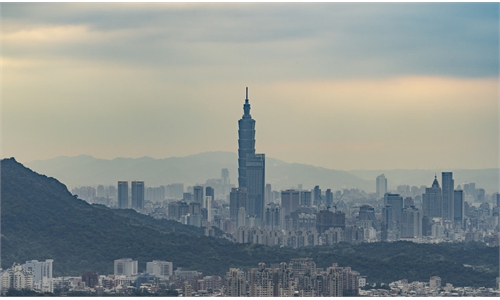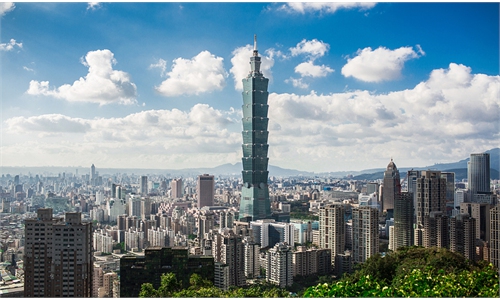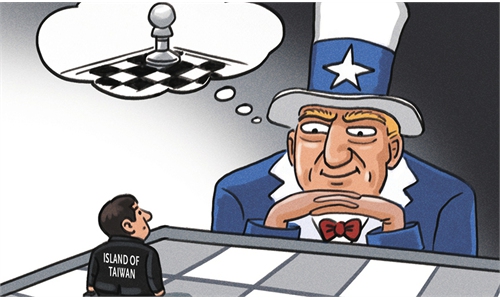Reality check for DPP: US ‘does not support Taiwan independence’: Global Times editorial

Vessels in the Taiwan Straits, July 20, 2017. /CGTN Photo
White House Policy Coordinator for the Indo-Pacific Kurt Campbell said on Tuesday that the US does not support "Taiwan independence." "We support a strong unofficial relationship with Taiwan. We do not support Taiwan independence. We fully recognize and understand the sensitivities involved here," Campbell, the man regarded as the White House "Asia tsar" under US President Joe Biden's administration, said at a think tank conference.This is the first time that a senior official in the Biden administration explicitly said that the US does not support "Taiwan independence," which sent shockwaves to the island of Taiwan. The authorities of the Democratic Progressive Party (DPP) responded to public concerns around Campbell's remarks in a low profile, if not completely dodged them. Kuomintang Chairman Johnny Chiang Chi-chen demanded DPP authorities realize that the path to Taiwan secession is a dead end. Taiwan's United Daily News wrote in a headline, "Implications of Campbell: We only love Taiwan that fits US interests."
The statement by Campbell seems to bring the US policy regarding the Taiwan Straits to the right track. During the latter stage of the administration of former president Donald Trump, then secretary of state Mike Pompeo made a series of speeches regarding Taiwan that broke the line. Many have pointed out such an insane path could not be sustained and a backswing is inevitable.
At the same forum, Campbell said he believes China and the US can co-exist peacefully and Washington hoped for some recognition from China that the Indo-Pacific is big enough for two great powers. But he suggested that China thinks otherwise. Some analysts believe the US frequently sends out signals of pushing forward a summit between US and Chinese leaders and Washington is creating an atmosphere for this.
We welcome US officials' public declaration that they don't support "Taiwan independence." However, US officials always talk too much, and this is a way to create an overall ambiguity of the US policy toward the island of Taiwan. The Chinese mainland is aware that the US wants Taiwan to keep its Three-No Policy: No reunification, No independence and No use of force.
Frankly speaking, Taiwan authorities pay such high attention to every Taiwan-related statement made by US officials that they basically live in those remarks. This is not the case in the Chinese mainland. Taiwan plays an important part in the competition between China and the US, but it is not the only one. Moreover, the complexity and principle of solving the Taiwan question are quite obvious, so it is easy to talk with bravado or make a change in words, but the only thing that can create long-term and irreversible impact is the change of strength.
We welcome every relatively positive statement from the US. We have increasing trust in the strategic initiative accumulated by the growing strength of the mainland.
As the mainland continues to strengthen its preparations for the military struggle against the island of Taiwan, it has imposed real pressure on the US and Taiwan. "Taiwan independence" is becoming more and more dangerous and unthinkable. The US and Taiwan need to assess more carefully the risk of speeches and behaviors that cross the red line. They must give top priority to de-escalating the situation in the Taiwan Straits.
The Chinese mainland should continue to focus on increasing its strength and prepare for a military struggle, which is the language the US and the island could understand the best. The verbal battle has to continue. But that, in the end, is the secondary battleground. The main battleground is the constant reconfiguration of strength, and the expectation that the mainland will have the courage to use force if necessary and the ability to liberate Taiwan at one stroke, and that the US will lack the will to defend the island at that time.
The US has been constantly predicting that the Chinese mainland might at some point launch an attack on the island of Taiwan, and the DPP authorities have become alarmed that they will sooner or later face war if they refuse reunification. These are not conveyed to the island through words, but the PLA's increasingly simulated combat exercises in the Taiwan Straits and the rapid growth of the mainland's military capabilities that has reshaped their strategic calculations.
It is not enough for the DPP authorities to simply refrain from seeking "independence." This is a minimum condition, not an upper condition, for peace across the Taiwan Straits. Reunification of the motherland is the ultimate goal of the Chinese nation, and that day will finally arrive.



